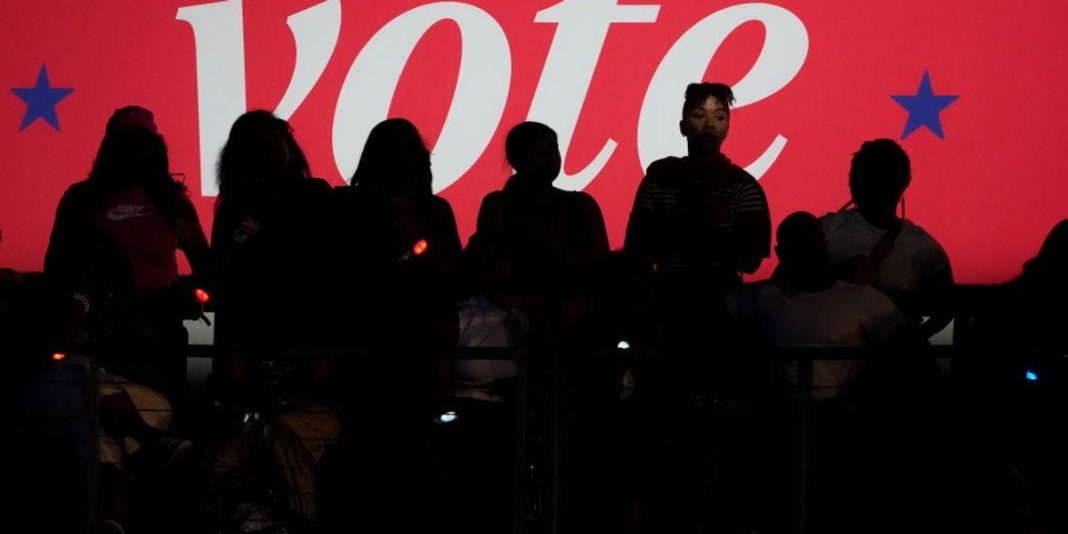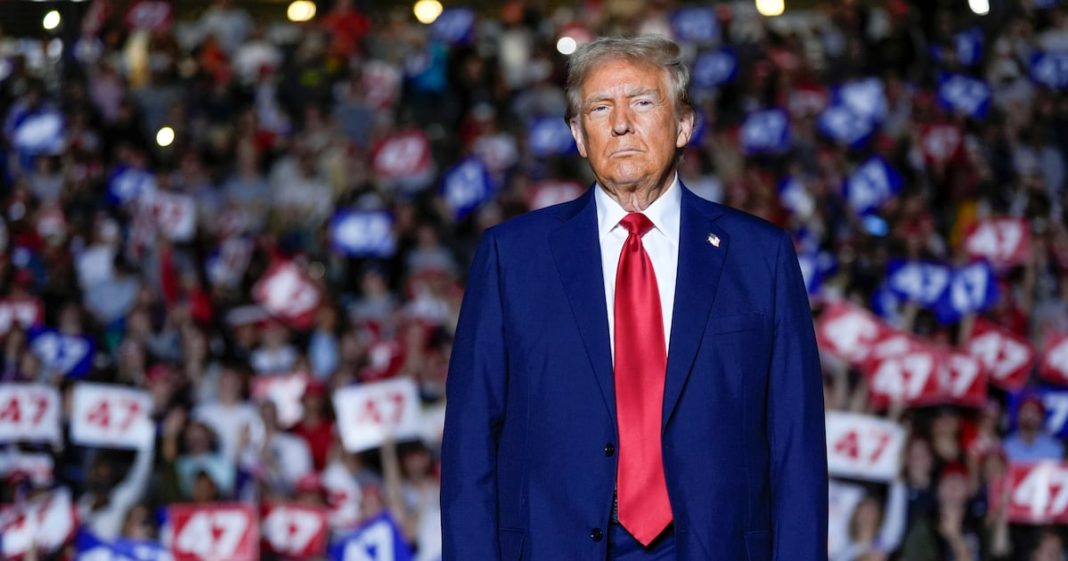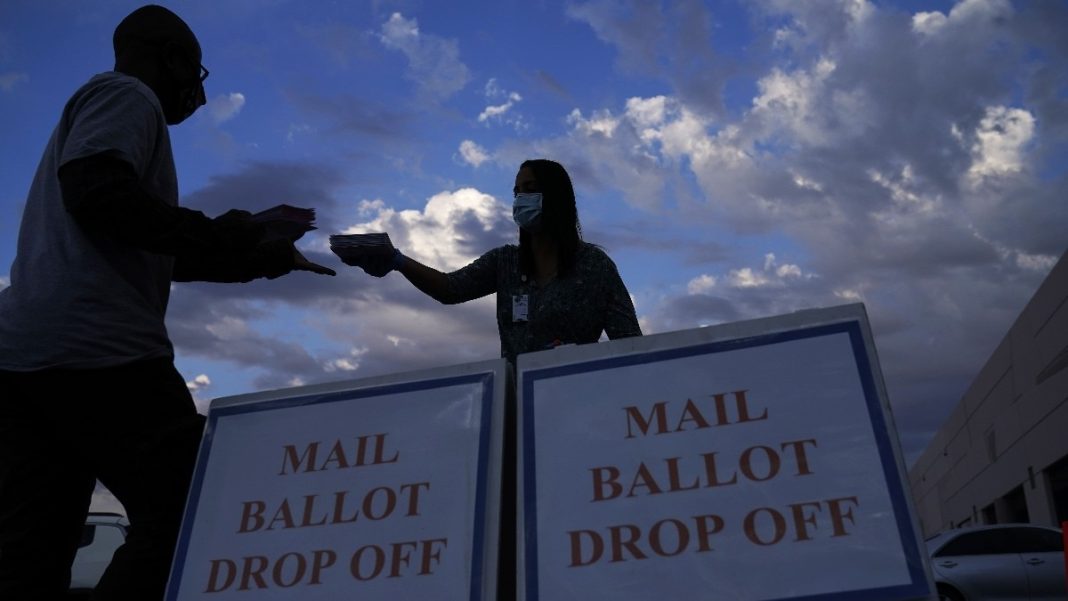Navigating the 2024 Election: A Personal Journey from Activism to the Ballot Box
As the 2024 presidential election season heats up, the stakes have never been higher. With Vice President Kamala Harris now the Democratic nominee facing off against former President Donald Trump, voters are grappling with complex choices that intertwine personal beliefs, political realities, and the urgent global crises we face. For many, including myself, this election is not just about party loyalty but about the future of progressive values, human rights, and international relations.
My relationship with Kamala Harris spans nearly a decade, from my early days as a high school student leader to my current role as Climate Campaign Manager at Pacific Environment. I first encountered her in 2014 at a luncheon in Los Angeles, where she was then serving as California’s Attorney General. Fast forward to 2019, I found myself in Iowa, working as a Field Organizer for Bernie Sanders’ presidential campaign, where I crossed paths with Harris again as she sought the Democratic nomination. Most recently, in 2023, I had the honor of greeting her at LAX after advocating for air quality regulations that the Biden-Harris Administration approved. Each interaction has shaped my understanding of her political journey and the challenges she faces.
Now, as we approach the November 5, 2024 election, the landscape is fraught with tension. Trump is campaigning on a divisive agenda that threatens to reshape the very fabric of American democracy, promoting policies that could limit abortion access, discriminate against marginalized communities, and undermine civil liberties. In stark contrast, Harris represents a multiracial coalition that, while imperfect, offers a more inclusive vision for the future.
Yet, my support for Harris is not without reservations. The Biden-Harris Administration has faced significant criticism for its handling of the Israel-Palestine conflict, particularly in light of the recent violence in Gaza. The administration’s approval of over $22 billion in arms transfers to Israel has raised serious ethical questions, especially as reports of civilian casualties and destruction in Gaza mount. As an Iranian American transgender woman with family ties in the region, I feel the weight of these decisions deeply.
Despite these concerns, I find myself leaning toward a pragmatic approach in this election. While some voters in my position are considering third-party candidates to express their discontent with the status quo, I believe that in swing states, such a choice could inadvertently aid Trump’s campaign. The reality is that the two-party system remains dominant, and a vote for a third-party candidate may risk empowering a candidate whose policies would be far more detrimental to the causes I care about.
I am voting for Harris-Walz not out of blind enthusiasm but as a calculated decision to prevent a Trump presidency. The potential consequences of a Trump administration—especially in terms of foreign policy and civil rights—are too grave to ignore. His history of inflammatory rhetoric and reckless decision-making raises alarms about the future of peace and stability, not just in the Middle East but globally.
Moreover, I see my vote as a strategic move to create the best possible conditions for progressive organizing over the next four years. While the Biden-Harris Administration has its flaws, it has also shown a willingness to engage with issues of social justice and climate change, albeit imperfectly. Under a Harris presidency, there may be more room for dialogue and advocacy for pro-Palestinian and other progressive causes than under a Trump administration, which would likely stifle such efforts.
As I reflect on my choices, I recognize the importance of balancing emotion with rationality. The situation in Gaza is heartbreaking, and the urgency of advocating for human rights cannot be overstated. However, I believe that my vote can serve as a catalyst for change, a prayer for a shift toward a more just and equitable U.S. foreign policy.
In conclusion, while the path forward may be fraught with challenges, I am choosing to vote for Harris-Walz. This decision is rooted in a desire to create a political environment where progressive values can thrive, and where the dignity and rights of all people—whether in Palestine, Lebanon, Iran, or here at home—are respected and upheld. As we approach this pivotal election, I encourage others to consider the broader implications of their votes and to engage in the critical work of organizing for a better future.



